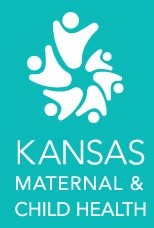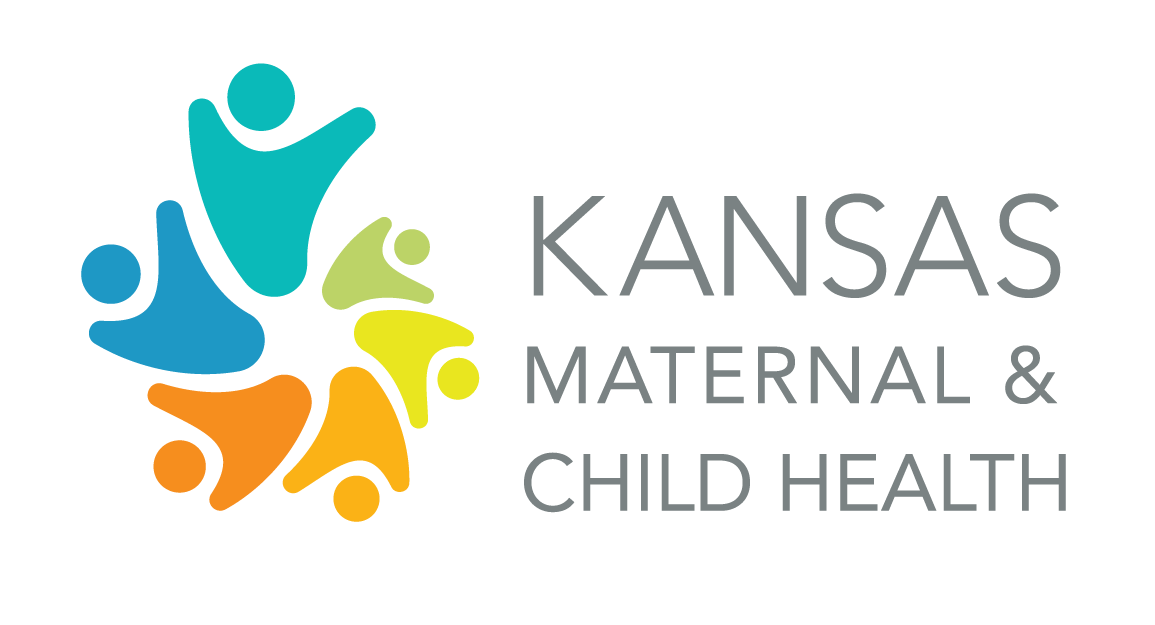Resources
Kansas Department of Health and Environment (KDHE) Toolkits
These plans and toolkits have been created through the work of many state and local partners with a shared interest in providing coordinated and comprehensive mental and behavioral health services to women before, during and after pregnancy
Perinatal Mental Health Toolkit
With more recent published guidance, public health nurses are increasingly screening for Perinatal Mood and Anxiety Disorders (PMAD) in home visitation and clinical settings. New evidence shows that maternal mental illness is a more common health concern than previously thought, and that many cases of what has been called postpartum depression, actually started during the pregnancy. Left untreated, this can be detrimental to the well-being of both the mother and child.
Perinatal Substance Use Toolkit
Mental health and substance use disorders affect people from all walks of life and all age groups. While common, recurrent, and often serious, these illnesses are also treatable, and many people do recover. Additionally, these conditions are often co-occurring. Nearly 50% of people who have one disorder have the other. Research suggests this may be the result of common risk factors contributing to both disorders; substance use may be a form of self-medicating for mental health disorders and brain chemistry can change due to substance use, making mental health disorders more likely. The mental health illnesses which most commonly co-occur with substance use are depression, bipolar disorder, and anxiety disorders.
Featured Resources
Video Series: Perinatal Behavioral Health Screening and Intervention Role Play
Through funding and support of the MAVIS initiative and collaboration with Kansas Connecting Communities, a series of videos have been developed to help providers and clinics implement screening and brief interventions. These role play videos were created with the guidance of KCC’s clinical consultant team to offer guidance and shared language, specifically for behavioral health concerns with perinatal patients. Videos can be used individually to build skills or integrated into organizational policy for ongoing training of staff. Additional information on implementing perinatal behavioral health screenings can also be found in the toolkits or by reaching out to the Provider Consultation Line.
Please click on a video's title from the list below to view it in a new tab.
- Alcohol Smoking Substance Involvement Screening Test ►
- Car Relax Alone Forget Family Friends Trouble (CRAFFT 2.1N) ►
- Discussing a High Risk Mental Health Screen ►
- Discussing a High Risk Substance Use Screen ►
- Discussing a Low Risk Mental Health Screen ►
- Discussing a Low-Risk Substance Use Screen ►
- Discussing a Moderate Risk Mental Health Screen ►
- Discussing a Moderate Risk Substance Use Screen ►
- Edinburgh Postnatal Depression Scale ►
- Generalized Anxiety Disorder GAD-7 ►
- Introducing a Mental Health Screening ►
- Introducing a Substance Use Screening ►
- Patient Health Questionnaire ►
- Responding to a Crisis ►
- Responding to a Screening Refusal ►
Kansas Connecting Communities Program Impact Paper
Curious on how the Kansas Connecting Community (KCC) program has impacted our state? This program impact paper aims to describe and explain some of the disparities impacting perinatal behavioral health conditions and maternal health outcomes in the state of Kansas, including recommendations to improve systems of care. Data from the first four years of KCC is highlighted.
Emails & Newsletters Archive
The Kansas Connecting Communities team sends out monthly emails and quarterly newsletters to keep providers and stakeholders updated on our program happenings and share events and resources.
Sign-up to receive updates via our listserv and check out the archive of past emails and newsletters.
Peer Support
A Perinatal Support Group Guidebook has been developed through collaborative work between Wichita State University Community Engagement Institute with contributions from the Kansas Chapter of Postpartum Support International. The guidebook has been developed to provide information and guidance for those looking to start a perinatal support group. Too often, there is a recognized need and a desire to provide support for this population, but a lack of guidance around how to make this desire a reality. The guidebook provides practical tips and ideas to consider for creating and maintaining a support group, specifically for the perinatal experience. You can search for peer support groups in Kansas by topic and location at supportgroupsinkansas.org or connect to the Provider Consultation Line for perinatal specific resources.


 Toolkit.png)